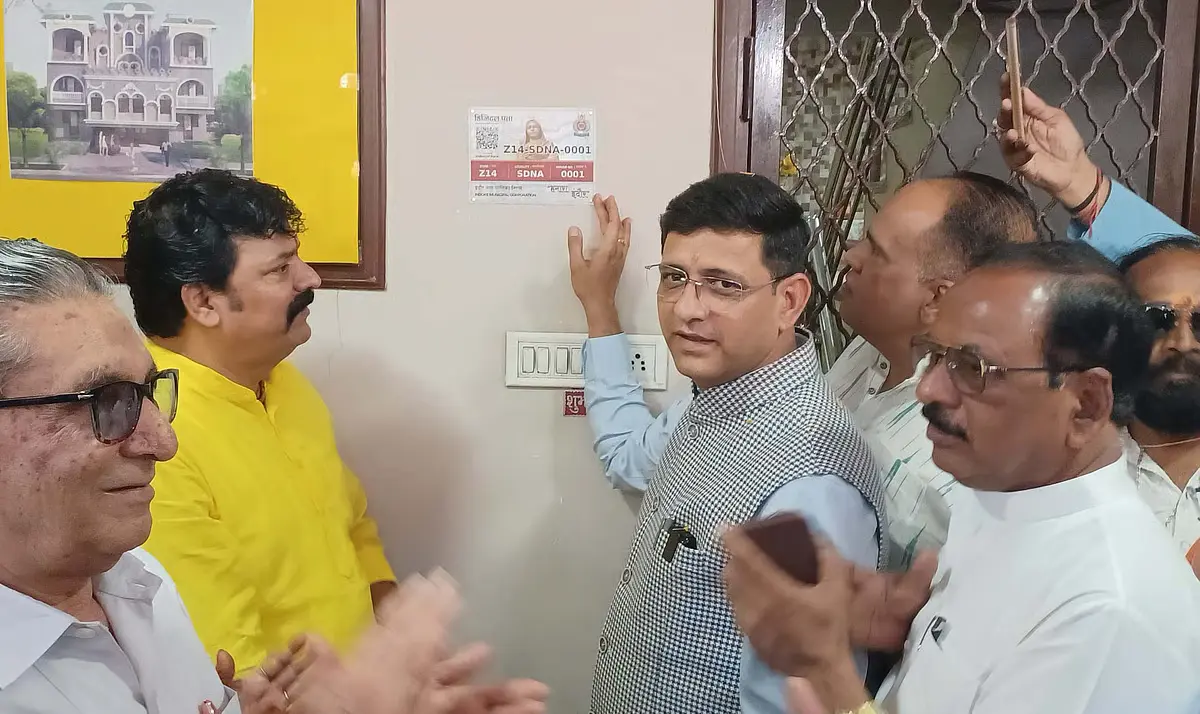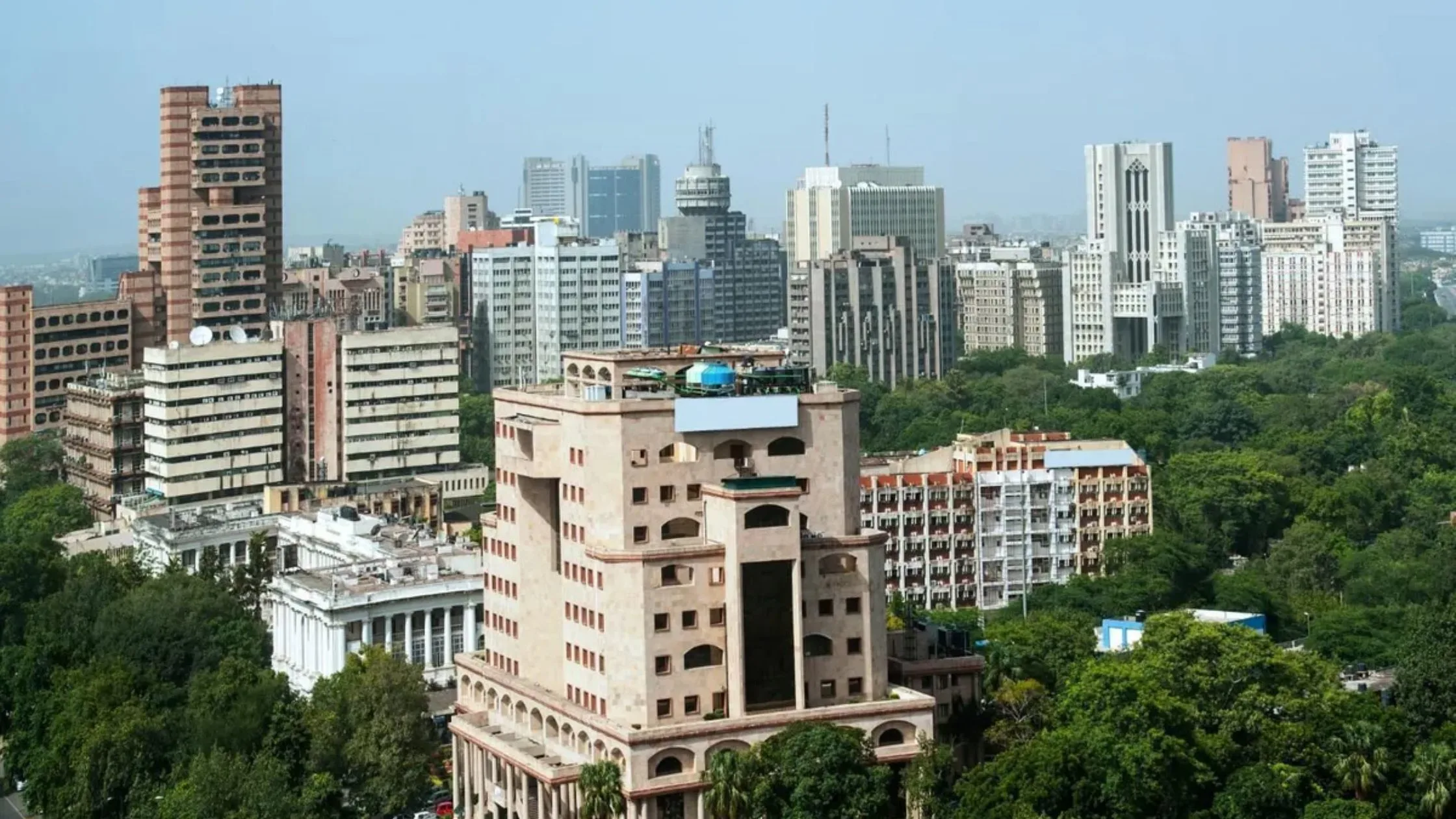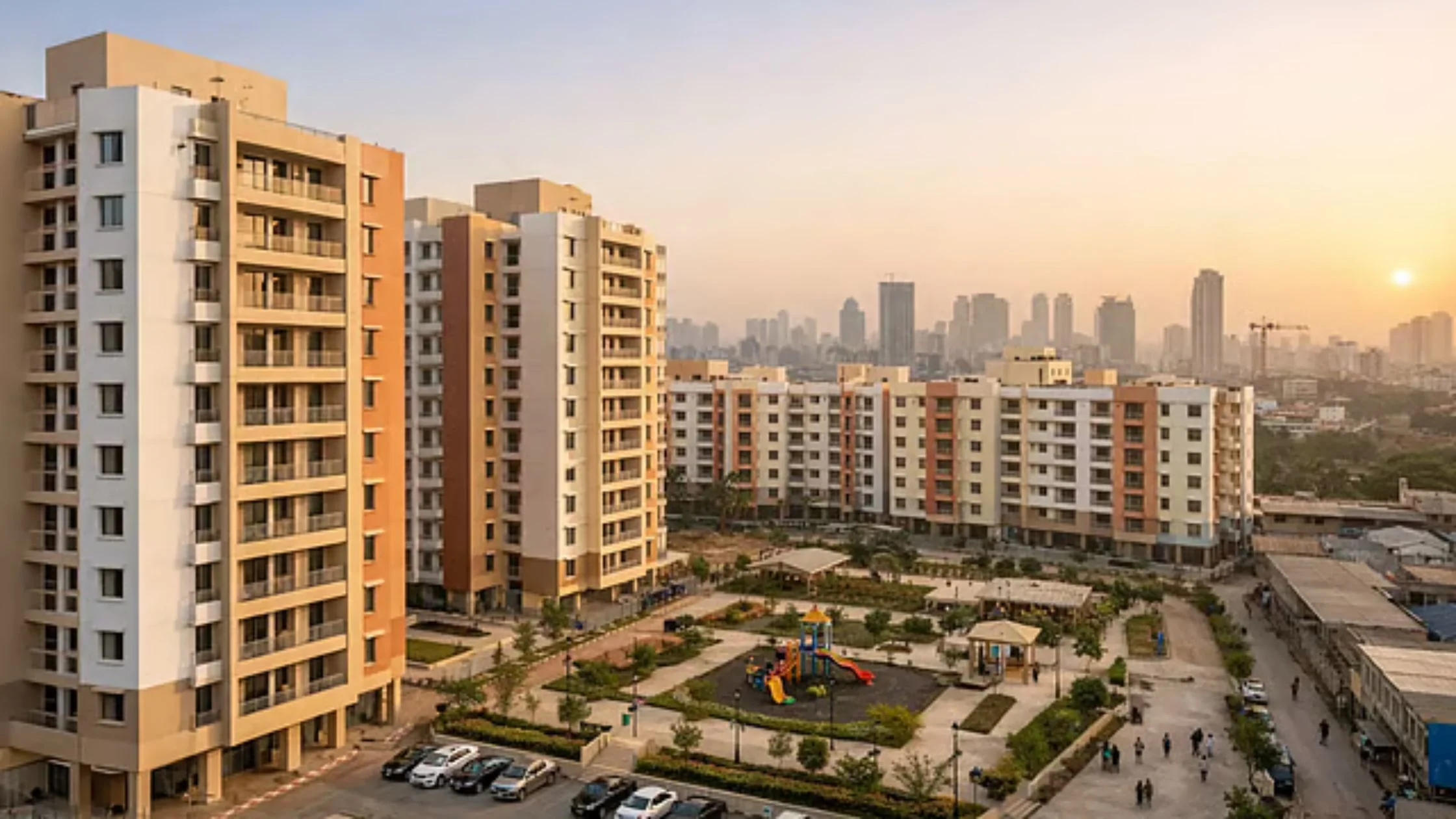Table of Content
▲
Indore, a city renowned for its innovative urban management, has achieved another milestone by launching India's First Digital House Address Project. This groundbreaking initiative, implemented by the Indore Municipal Corporation (IMC), introduces special digital address plates with unique QR codes for every house in the city. It’s a significant step toward leveraging technology to enhance civic administration and citizen convenience.
Overview of the Digital House Address Project
The Digital House Address Project aims to revolutionize how urban addresses are managed and utilized. Each house will be equipped with a unique QR code embedded in a digital plate. When scanned, these QR codes provide essential details, including the GPS-based digital address of the property.
This project has been linked with the central government’s Digipin (Digital Postal Index Number) system, further boosting its efficiency and integration with national-level systems. Indore is the first city in India to implement such a system, highlighting its commitment to innovation in governance.
Also Read: Over 70,000 Housing Units Stalled in MMR Due to Green Clearance Hurdle
How the System Works
The process is simple yet highly efficient:
QR Code Technology: The plates installed outside homes contain a unique QR code that can be scanned using a mobile device.
Features Available:
-
- Access to the GPS-based location of the property.
- Payment of local taxes such as property tax and water tax.
- Filing complaints regarding civic amenities and services.
Central Integration: The linkage with the Digipin system ensures nationwide recognition and standardization of addresses.
Pilot Launch in Sudama Nagar
The project was launched on a pilot basis in Sudama Nagar’s Ward 82. This trial phase is expected to gather valuable feedback from residents to refine and improve the system. Indore’s Mayor, Pushyamitra Bhargava, emphasized that public input will play a critical role in enhancing the functionality of this initiative.
Advantages of the Digital House Address Project
1. Enhanced Civic Administration
The project empowers local authorities with precise, real-time address data. This facilitates better resource allocation, faster issue resolution, and efficient governance.
2. Ease for Residents
- Simplified processes for paying taxes and lodging complaints.
- A standardized address system ensures easy location tracking.
3. Boost to Smart City Goals
As a city aiming for global recognition in smart governance, Indore’s initiative aligns perfectly with its vision of leveraging digital tools for urban management.
Indore’s Leadership in Smart City Initiatives
Indore has consistently been at the forefront of smart city developments. Known as India’s cleanest city for several consecutive years, it has now become a pioneer in adopting digital solutions to improve governance. The introduction of this project further cements its status as a model for other cities aiming to modernize urban services.
Future Prospects and Expansion
The successful pilot in Sudama Nagar will pave the way for citywide implementation. Authorities are optimistic that this model will inspire similar projects across India, fostering a new era of smart urban living.
Furthermore, steps are being taken to address technical challenges, such as integrating municipal websites with the system to expedite processes and provide seamless services.
Also Read: MahaRERA Initiates OC Verification to Enhance Real Estate Transparency
Conclusion
Indore’s Digital House Address Project is more than just a technological innovation; it’s a testament to the city’s forward-thinking governance. By integrating unique QR codes with GPS-based address systems, the project simplifies civic administration and enhances the lives of residents. As the first city in India to implement such a system, Indore sets a benchmark for other urban centers to follow.
This initiative not only strengthens the foundation of smart city governance but also underscores the potential of technology in transforming urban living. With its successful execution, Indore reaffirms its position as a leader in innovation and modernization.
Follow AquireAcers Whatsapp Channel to Stay Updated With The Latest Real Estate News







Ans 1. The Digital House Address Project is an innovative initiative by the Indore Municipal Corporation (IMC) that introduces digital address plates with unique QR codes for every house. These QR codes provide GPS-based location details, facilitate tax payments, and enable residents to file civic complaints.
Ans 2. Each house is assigned a digital plate featuring a unique QR code. Scanning this code with a mobile device provides essential property details, including its GPS-based digital address. It is integrated with the Digipin system for nationwide standardization.
Ans 3. The QR code simplifies access to property information, payment of local taxes, and filing of complaints regarding civic services. It also enhances address recognition and standardization across India.
Ans 4. The project was piloted in Sudama Nagar’s Ward 82 in Indore. This initial phase aims to gather feedback from residents to improve the system before citywide implementation.
Ans 5. Residents can enjoy simplified processes for paying taxes and lodging complaints, easy address recognition, and seamless access to GPS-based location tracking.
Ans 6. This project reinforces Indore’s commitment to modern governance by integrating digital tools to enhance civic administration and citizen convenience. It complements Indore’s status as a leading smart city in India.
Ans 7. Technical challenges, such as integrating municipal websites with the QR code system, may arise. However, steps are being taken to address these issues for a seamless user experience.
Ans 8. The pilot phase’s success is expected to lead to citywide implementation in Indore and inspire similar initiatives in other cities across India. This project sets the stage for a new era of smart urban governance.